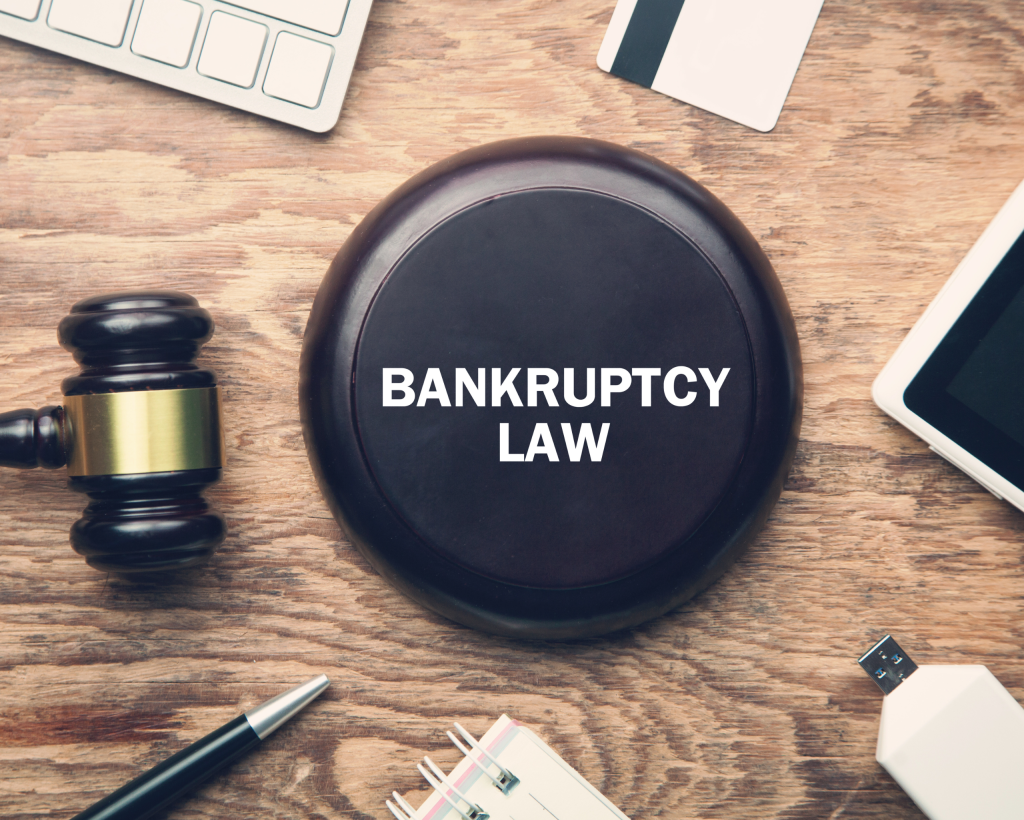Learn about the new financial restructuring and bankruptcy law in the UAE, which will enter into force on 1st May 2024
Federal Decree Law No. 51 of 2023 on financial restructuring and bankruptcy was published in the official gazette on 31 October 2023 (New Law) and will enter into force in the United Arab Emirates (UAE) on 1st May 2024.
The New Law repeals the Federal Law No. 9 of 2016 on Bankruptcy (Old Law), however all the regulations and decisions that were issued to implement the Old Law will continue to apply until they are replaced by regulations necessary to implement the provisions of the New Law.
Below are a few significant provisions introduced under the New Law:
1. Replacement of Preventive Composition Tool
This mechanism under the Old Law has been replaced by a more user-friendly mechanism named “Preventive Settlement”. It is supervised by the Court and mainly focuses on procedures initiated by the debtor to continue commercial activities and meet debts through an approved settlement proposal with the creditors. This new regime allows the debtor to manage the business normally while exploring the settlement term with creditors and without the need to appoint a trustee.
2. Experts' Appointment
3. Bankruptcy Court’s Decisions
The Court may now decide to retain the services of experts and auditors to be part of the bankruptcy court and their fees will be paid from the budget of the competent judiciary.

Article 8 of the New Law states that the bankruptcy court’s decisions shall be deemed as writs of execution and will be immediately enforceable. The execution of these decisions may only be suspended if the bankruptcy court chooses to reverse its own decision or suspend it on its own motion, or upon the request of the debtor, creditor, trustee, or other interested parties. Additionally, the court of appeal may also decide to suspend the enforcement of the decision.
4. Bankruptcy Unit
The New Law introduces a specialized division within the court, which is overseen by a senior court of appeal, dedicated to managing and overseeing bankruptcy and restructuring cases to support the bankruptcy court (Bankruptcy Unit).
The Bankruptcy Unit will be responsible for processing requests under the law, notifying parties about the court decisions, and ensuring compliance with the required information and documentation before presenting it to the bankruptcy court, amongst other things.
The New Law also retained the figure of the Financial Restructuring Committee (FRC), and it has expanded its mandate in relation to various aspects of the bankruptcy process, including overseeing the online platform for the bankruptcy register that will be established under the New Law, endorsing the list of trustees and experts, overseeing the training of judges and experts, and assisting the bankruptcy court in setting the range of fees for trustees.

5. Moratorium
The moratorium following the issuance of the decision to open restructuring proceedings will not be limited, as it was under the Old Law, and will remain open until the ratification of the restructuring plan. However, employment claims and personal status matters (except inheritance matters) are exempted from the moratorium, which will contribute to preserving employees, spouses, and children’s rights.
The New Law also prohibits claims against the debtor following a decision to initiate its bankruptcy proceedings, excluding certain specific claims set out under the New Law. In addition, creditors will have the right to commence individual action following the closing of the bankruptcy.

6. Liability of Board of Directors, Managers and liquidators
The New Law also specifies that the amount, which may be awarded against the directors or the manager, should correspond to their level of fault. This update is expected to encourage more responsible business practices and decision-making among company leaders, recognizing their crucial role in maintaining financial stability and safeguarding creditors’ interests.
That said people will be criminally liable as well if they committed crimes which are specified under the New Law.
7. Prohibition on debtor actions post initiation of Bankruptcy Proceedings

The New Law significantly revises the constraints on debtor actions post-initiation of bankruptcy proceedings. Unlike the Old Law, which broadly restricted debt repayment and asset disposal, the New Law simplifies these restrictions. It prohibits debtors from settling any debts after bankruptcy proceedings commence. However, it introduces practical exceptions, allowing for the payment of debts related to workers’ rights, suppliers of essential business materials, and necessary living expenses for the debtor and their family, subject to bankruptcy court’s approval.
In summary, the recent changes introduced to the Old Law signify a very positive step to enhancing bankruptcy proceedings in the UAE.
This article has been written by the experts at OH LLP.
*It reflects the personal opinion of the law firm and does not constitute legal advice*
OH LLP has legal consultants in the UAE, offering a wide range of legal services to new and established companies. For further details, please contact us on: info@ohllp.com or +97124110619
For more legal updates, follow us on LinkedIn

